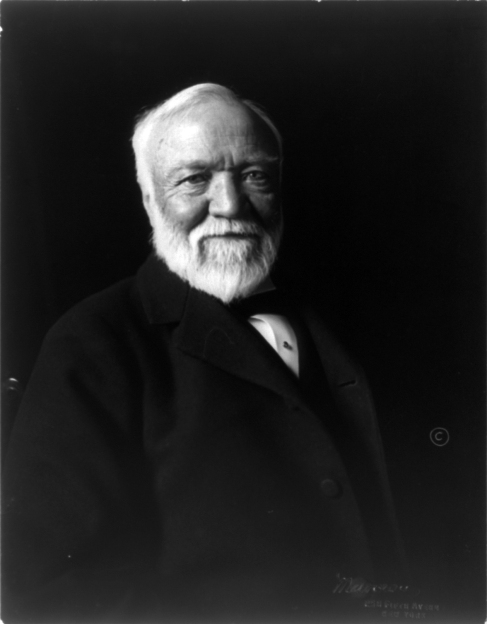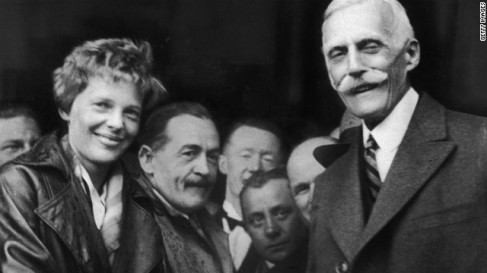Against the attempts to demonize “wealth” and “profits” eighty years ago, President Coolidge, in characteristic fashion, raised some fundamental question: if people do not make profits, from where do wages come? Who pays for the costs of production? By what means are people’s lives made better if not by the service of profitable businesses and wealth accumulation? He addresses each of these questions in his daily articles. It is his article from March 25th, 1931 that directly attacks the illogical hostility to “wealth.” Introducing the gift of one such wealthy individual upon her death of an estate just under $75 million (which would be about $1.1 today) to charity, he calls on the reader to remember what benefits result from such accumulation. It is, he would write, “one of the foundations of our progress. Distributed per capita, it would be ineffective; in accumulation, it supports our industries, raises the standard of living and endows educational, religious and charitable institutions. Almost all the time we find it genuinely employed in the service of the people.” Coolidge was hardly naive about those who abused great wealth, “chiefly to their own harm,” but neither did he ignore the multitude of exemplary men and women, like Ella Wendel in this article, who endowed libraries, museums, schools, foundations and numerous institutions dedicated to the betterment of people everywhere. The successful individuals who bequeathed them to us may be gone but their example and stewardship deserve our respect and emulation.
 Ella Wendel with her dog, Toby
Ella Wendel with her dog, Toby
Andrew Carnegie, whose endowments made possible over 2,500 libraries around the country and overseas.
Andrew Mellon, pictured here with Amelia Earhart, gave the country the National Gallery of Art with his own collection forming its nucleus. Mellon also gave much to help numerous individuals during his lifetime and to fund several scientific innovations and private institutions long after he was gone.
None of these successful people could have given so much to so many without the accumulation of wealth derived from work.


I completely agree that wealth is necessary for a well functioning capitalist society. I think the stagflation (weak economy and high inflation) of the late 70s was caused – in part – by not enough wealth. Income inequality hit record lows in that decade, the result was not enough investment capital and plenty of consumer demand. Reagan’s supply-side policies helped that situation, IMO.
Today, however, we are in the opposite situation. Income inequality has gotten too high. The result is a surplus of investment capital and weak consumer demand.
To me, it’s a matter of balance. Right now, too much of the pie is going to the rich and not enough to everyone else. This doesn’t make rich people “evil”, it just means the economy is out of balance.